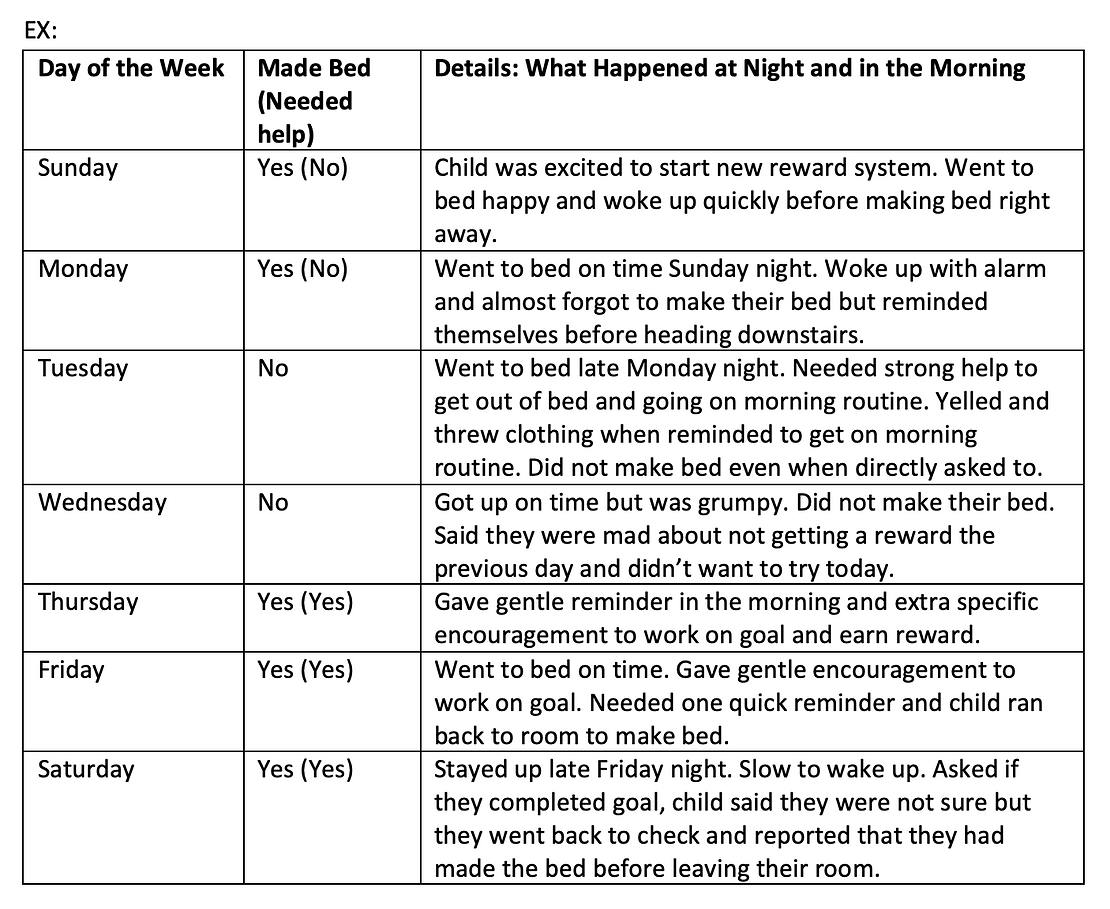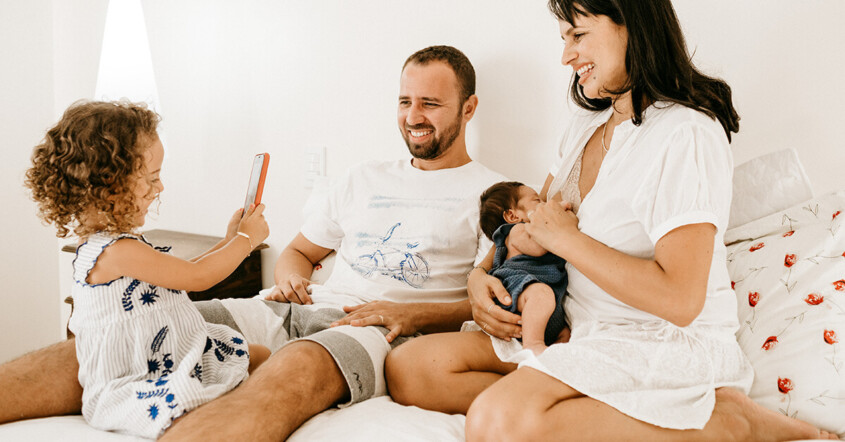How to Make Reward Systems Work, for your Child and You- Part 3
In the previous two articles we looked at some of the reasons why parents use reward systems and why they sometimes fail despite our best intentions. We also introduced the first six steps in making reward systems work. The final four steps for making a reward system work for your child and you are listed below. See the first two articles in the series here. (Article 1) (Article Two).
10 Steps to make Reward Systems work – continued
7) Implement reward plan: Start using your reward plan. Provide lots of encouragement in the initial stages of beginning a new reward program to encourage your child to work on the goals and use the reward program. Be sure to praise small attempts as the child is getting started. Remember: change is hard for kids just like it is for adults. No one is fully successful when they are just starting out.
8) Track Success Data: Use your data tracking method developed in step 6. When recording details be sure to think of specific examples and events. Even a detail that may seem disconnected or too small could be helpful later on.

9) Re-evaluate goals on a regular basis: Take time on a regular basis to review tracked data and progress towards goals. I recommend continuing with a goal until the child is successfully completing the goal about 80% of the time on three consecutive weeks. This allows them time to practice the new skill/behavior and hopefully begin making the new desired behavior a habit. When determining the success percentage consider where the child was with the desired skill/goal before beginning the reward system. EX: (using the chart in step 8) A child who was never making their bed before beginning the new system would be tracked at 71% success for the given week (5 out of 7 days success). A child who is working towards independently making their bed because they had previously been consistently successful with help would be tracked at 29% success as they needed reminders to complete goal on three of their five success days for the week.
10) Re-evaluate goal list and switch out goals: Once your child has reached the desired success level with the set goal it is time to re-evaluate the goal. At this time to goal can be increased by adding more challenging elements or the goal can be switched out for another goal for desired behavior change. It is important to remember that your child may need periodic reinforcement for maintaining the behavior change as time goes on. Also remember that everyone, even our children, have difficult days and no one will be “on point” with desired behaviors every day. Instead look for trends of more success days over time.
Additional Notes and recommendations
When working on behavior change with a child make sure to have fun and casual interactions with your child. The danger that many parents fall into when working on behavior change with their children is that most of their interactions with their child become about the behavior change vs. casual non-goal directed parent-child interactions. A desire for changing behavior with children comes in part from the strength of their positive relationship with their parent. Be sure to spend time just spending time with your child throughout the process. It will help them stay motivated and help you stay encouraged as well.
Remember: Behavior change takes time. Be patient with the process and look for happiness in the journey (for your child and you.) Your Happiness Matters.
Written by Ka’lei Kendal





